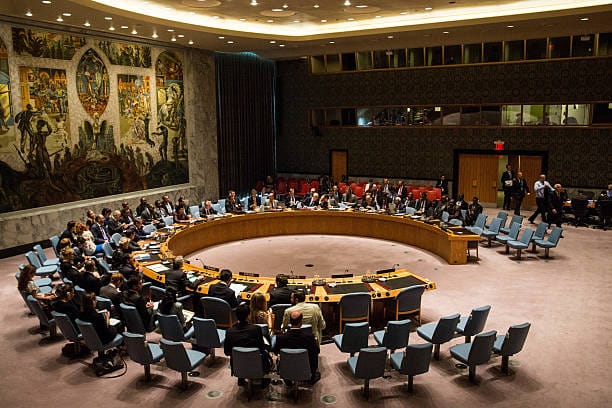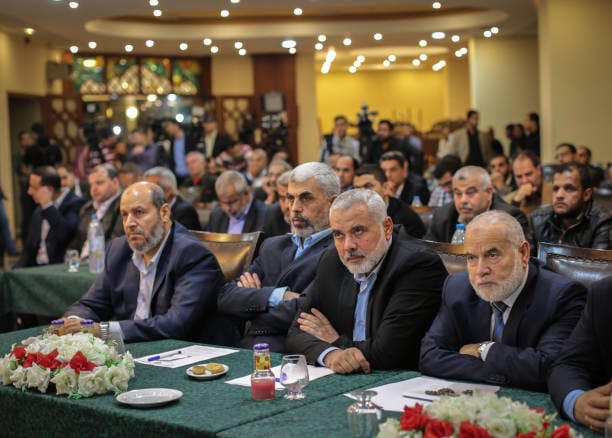UN Security Council Convenes for Critical Ramadan Cease-Fire Vote

The UN Security Council is poised to cast a decisive vote on a resolution calling for a humanitarian cease-fire in Gaza during the sacred month of Ramadan. The resolution, which has garnered the support of the international community, aims to provide a much-needed respite to the region's beleaguered inhabitants.
The proposed cease-fire comes as a response to the escalating violence that has claimed numerous lives and exacerbated the humanitarian crisis in Gaza. The resolution, put forward by the 10 elected council members, has received backing from key players such as Russia and China. However, it faces opposition from the United States, which has expressed concerns that the measure could potentially derail ongoing negotiations to halt hostilities between Israel and Hamas.
The Arab Group at the UN, representing 22 nations, has made an impassioned plea to the council members, urging them to "act with unity and urgency" to adopt the resolution and "halt the bloodshed, preserve human lives and avert further human suffering and destruction"⁵. The group's statement underscores the dire need for a cease-fire, stating that it is "long past time" for one.
The Security Council's vote is set against a backdrop of a worsening humanitarian situation in Gaza, where reports indicate that "famine is imminent" in the northern part of the territory. The escalation of the war could push half of Gaza's 2.3 million people to the brink of starvation.
As the council prepares to vote, the world watches with anticipation, hoping that this resolution will pave the way for peace and provide the people of Gaza with a much-needed reprieve during a time traditionally dedicated to reflection and prayer. The outcome of this vote could be a turning point, offering a glimmer of hope in a conflict that has seen too little of it.



